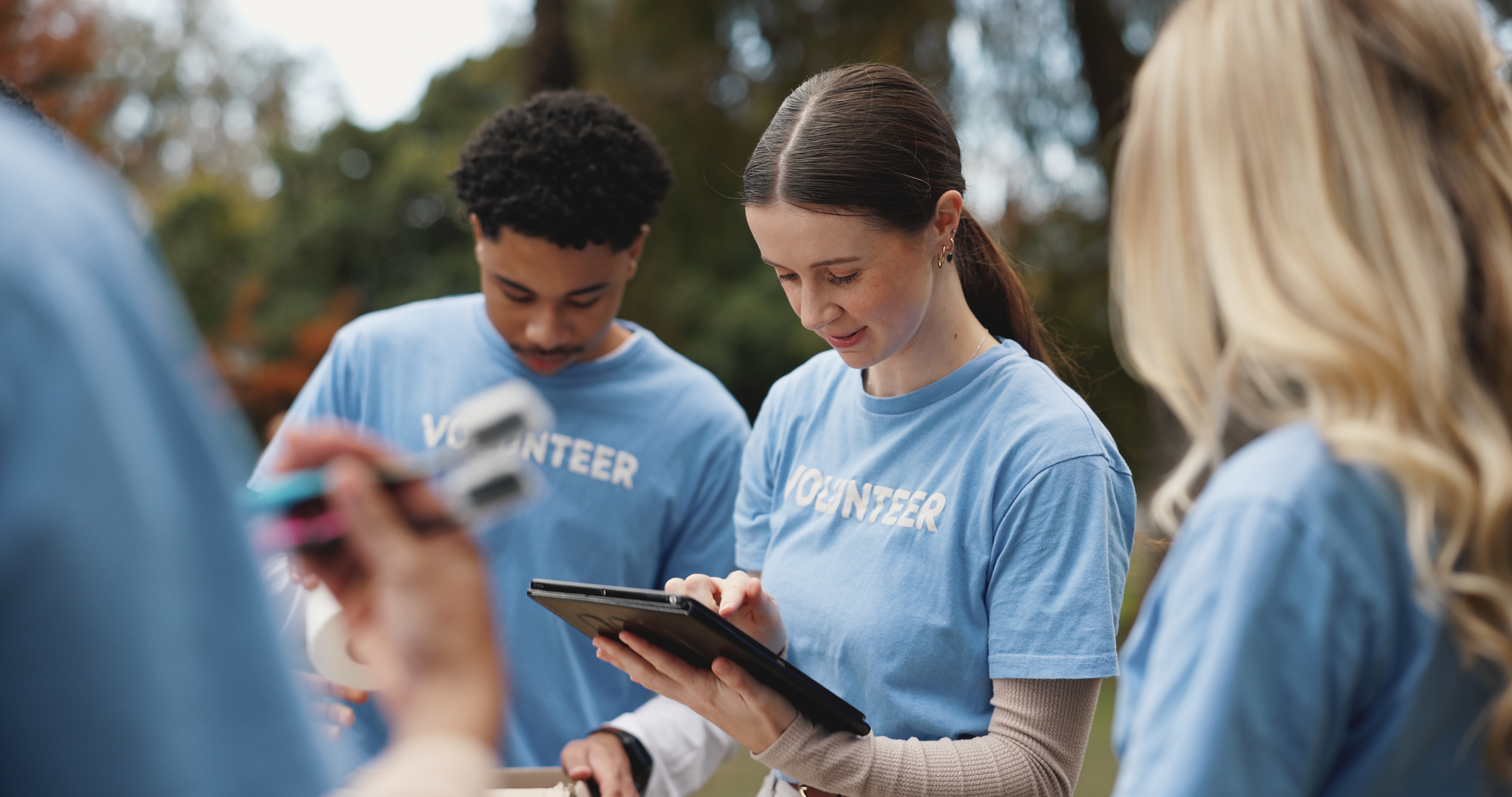Tapping into your unique experience can be a catalyst to finding your footing as a new veterinarian and pushing back against imposter syndrome—but, you have to know where to look!
Defining experience
When we think about the definition of experience in vet med, we’re often referring to cases, procedures, or the cumulative time we’ve spent in the field. Of course, there’s a lot more to vet med than science and medicine. As such, the first step in recognizing how much experience you have is to expand its definition to include all aspects of practice—including the non-clinical skills that are perhaps more important during your early career. While your credentials automatically convey a certain level of expertise, your actions and approach—such as how you listen, empathize, problem-solve, or collaborate—will be what truly resonates with your clients.
This simple shift in understanding illuminates how various personal events, encounters, and observations shape your knowledge base and perspective, and how no one should allow a perceived lack of experience to hold them back.
What qualifies you? Unconventional experience
Experience is everywhere. Simply being human helps you relate to your clients and peers! Your lived experience is a rich and pure resource that can inform and enhance your daily practice. Here are some common sources of experience and examples of how they can be effectively applied to your early days as a veterinarian—until you get the other kind of experience, and beyond!
Pet ownership
If you’ve shared your life with an animal, you know empathy and compassion—essential traits for creating positive patient interactions and attentive, focused care. You understand the joy and challenges of pet ownership, allowing for more authentic client interactions, better relatability, and ultimately, stronger veterinarian-pet owner bonds.
Your firsthand knowledge of animal behavior and care helps you connect with pet parents during everyday and difficult conversations. This unique perspective enables you to offer genuine, realistic support and guidance and makes you a more approachable, trustworthy guide to pet health.
Ultimately, being a pet owner deepens your understanding of the human-animal relationship, allowing you to provide care that is rooted in genuine empathy and a desire to protect that special bond. This connection will help you build trust with pet owners and ensures a naturally compassionate approach to every case you encounter.
Life experience
Life experiences outside the veterinary realm—such as caring for siblings or family members, raising children, or fulfilling similar supportive roles—can also be a rich source of essential soft and practical skills. Caring for others teaches you how to assess needs, provide support, and navigate challenging emotions, all of which are crucial when interacting with pet parents. Your ability to listen and convey information fosters trust and understanding, making clients feel more comfortable discussing their concerns and promoting strong collaboration within your team. Ideally, caregiver roles also help you learn the necessity of self-care, which can shield you from burnout and help you safely process your own emotions during the highs and lows of vet med.
Finally, managing various caregiver responsibilities demands certain leadership traits as well as organizational and multitasking skills, which are vital in a fast-paced practice environment.
Networking
Experience doesn’t have to be yours to be beneficial. I love tapping into the wisdom of others and attribute much of Ready, Vet, Go’s early success to my willingness to ask questions, seek advice, and learn from others’ successes and failures.
Consider your current and past networks, including family, friends, peers, teachers, mentors, and employers. How have these connections and encounters influenced your education, life decisions, outlook, confidence, or way of thinking? How many of these people have left their mark by shaping your behavior? This is all experience!

Non-veterinary jobs and opportunities
obs outside the veterinary realm can be great training grounds for important skills such as customer service, interpersonal skills, working on a team, and upholding set quality standards. Volunteer or service roles can broaden your perspective and help you navigate difficult situations with sensitivity, open-mindedness, and respect. Travel exposes you to unfamiliar environments, beliefs, and lifestyles, broadening your understanding of how different cultures regard animals and their care.
Finally, your hobbies and passions can be a gold mine of experience! For example, as a musician, you may have killer finger or wrist dexterity, an asset to any OR, while an artist may be skilled in abstract thinking, helping them find fresh new ways to solve ongoing problems.
Collectively, these non-traditional experiences help you develop resilience, humility, and respect for diverse viewpoints and life experiences, making you a more compassionate and effective veterinarian.
Experience is an incredibly valuable asset to any professional, but lack of experience should never stop you from owning your position as a new or early career veterinarian or saying “Yes” to an exciting opportunity or a challenging case. The next time imposter syndrome threatens to steal your chance for growth, recognize yourself for who you truly are—a capable, versatile, eager, and well-prepared early career veterinarian shaped by a diverse and unique array of experiences.
Ready, Vet, Go Veterinary Mentorship is an innovative online program and community that helps new and early career veterinarians build confidence, gain independence, and experience greater joy. Visit our FAQ page to learn more about what we offer or get in touch with our team.

